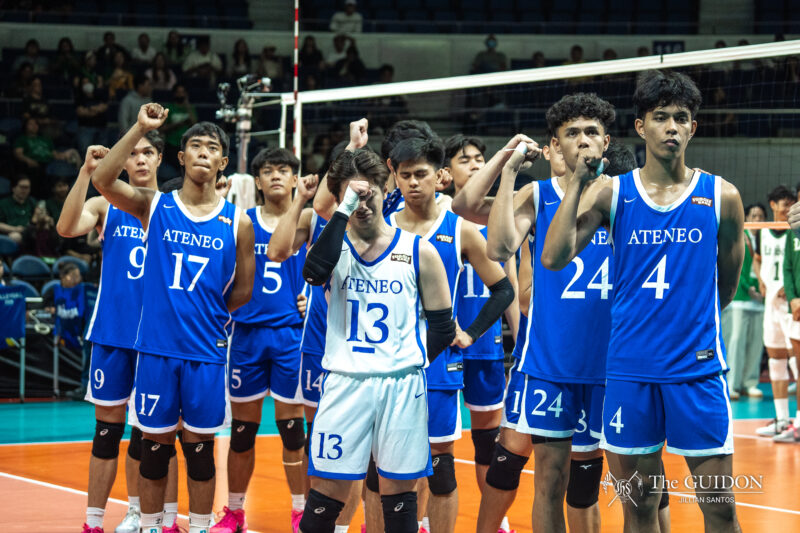AS FAR as the Loyola Schools (LS) is concerned, plagiarism is identified through the act, not the intent.
This, despite the October 12 Supreme Court (SC) ruling which stated that Filipinos cannot be charged of plagiarism unless malicious intent is proven. The memo emphasized the LS’s firm stand to uphold the Code of Academic Integrity (CAI).
According to a memo released by Vice President for the LS (VPLS) John Paul Vergara on November 4, the SC ruling “seems to contradict what has long been our understanding of the essential nature of plagiarism.”
The CAI states that “the objective act of falsely attributing to one’s self what is not one’s work, whether intentional or out of neglect, is sufficient to conclude that plagiarism has occurred. Students who plead ignorance or appeal to lack of malice are not excused.”
Truth and responsibility
According to the memo, academic honesty is not just a matter of proper attribution, but also a matter of personal discipline and moral character.
“The school’s resolve on the stringent requirements in the proper acknowledgement of sources goes to the heart of its mission in forming persons for others—persons who value truth, respect, gratitude, integrity and justice,” the memo stated.
Associate Dean for Academic Affairs Eduardo Calasanz said that plagiarism goes against the expression of honesty and gratitude, which he said is ultimately the search for truth. “If you undermine the search for truth, then you undermine the very reason for being in the university.”
Vergara added that the university wants to teach its students the values of discipline and responsibility in their work. “It’s the moral character and the integrity that we’re trying to promote and inculcate in our students,” he said.
Integrity in question
According to GMAnews.tv, the legal researcher who drafted at least two SC decisions penned by Associate Justice Mariano del Castillo was Michelle Ann Juan. Juan is a former Ateneo Law School Professor. The decisions allegedly contained portions which were lifted from various sources without proper attribution.
On October 12, the SC cleared del Castillo for the wrongdoing, stating that he wasn’t at fault because Juan accidentally deleted the footnotes that contained the attributions.
This was not the first time Ateneo has been in the spotlight for a plagiarism issue. Earlier this year, parts of the commencement address speech of former Chairman of the Board of Trustees Manny Pangilinan (MVP) were found to have been lifted from similar graduation speeches made by Conan O’Brien, Barack Obama, JK Rowling and Oprah Winfrey.
However, Calasanz said that both incidents, as well as their impact, are different. He said that while there was recognition of fault and an attempt to repair said fault on the MVP issue, the same cannot be said of the issue with the SC.
“[The] impact [of the SC issue] is greater in the sense that it puts our whole disciplinary process, Code of Academic Integrity in question… And therefore it puts into question the standard conventions of academic life and work,” Calasanz said.
How plagiarism is handled
Despite the SC ruling, plagiarism charges will continue to be handled the same way as stated in the Student Handbook.
According to the CAI and Section III.E of the Code of Discipline of the handbook, “all cases of dishonesty will be treated as major cases.”
Vergara also said that Ateneo’s guidelines for academic honesty were already spelled out a year ago, before the MVP incident occurred and the SC ruling was announced. According to Vergara, the CIA and the Student Handbook explicitly listed examples and possible sanctions for plagiarism.
“We have a very different concept of plagiarism because of the Internet, of partly the generation of cut-and-paste,” he explained.
When a student is suspected of committing plagiarism, a complaint is filed. The student presents his side of the story before the Discipline Committee. Sanctions are then determined based on the degree of the students’ involvement.
Vergara added that it was likewise important for teachers for be very clear about requirements and citation methods. “If [plagiarism] does happen, just as our guide says, they should make the students aware that there are rules and sanctions,” he said.






